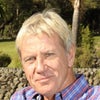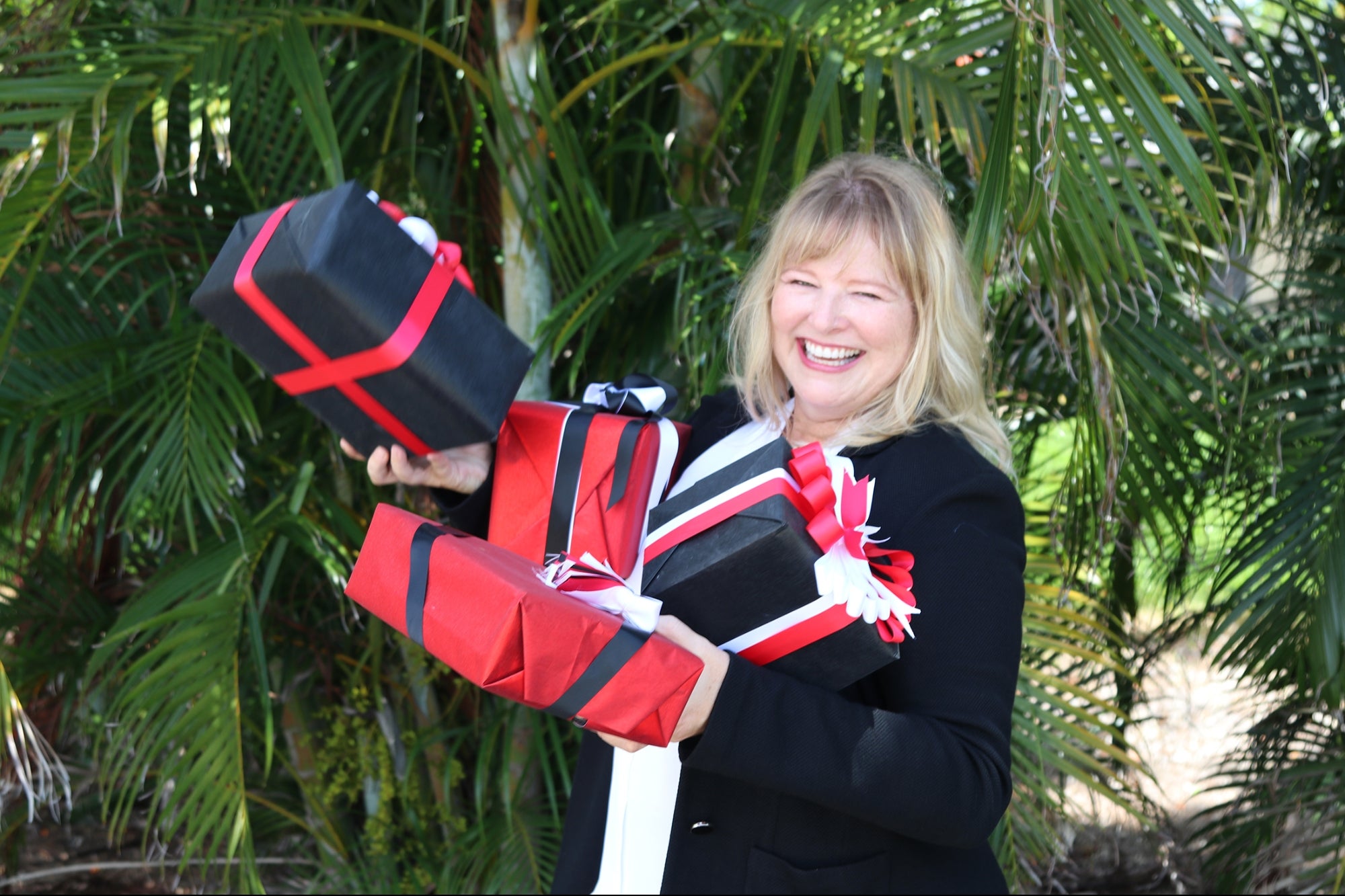Using the Power of Self-Belief to Create Success Belief in your destiny will fizzle and fade without a clear idea of the stage on which your success will be played out.
By Richard Koch •
Opinions expressed by Entrepreneur contributors are their own.

The following is an excerpt from Richard Koch's latest book, Unreasonable Success and How to Achieve It, out now via Entrepreneur Press. You can purchase it from Amazon | Barnes & Noble | IndieBound | Bookshop | Entrepreneur Press Bookstore.
Self-belief is the foundation of success. This is an iron rule. Nobody ever became unreasonably successful without a strong belief in themselves.
Self-belief can start with a vague but deep sense of being special. This sense sometimes arises simply from being born into privilege or because of encouragement from role models around us, such as parents and relatives. Equally, however, conviction in one's destiny can arise from defiant vulnerability or isolation in childhood, when the self is thrown back on itself and creates an imaginary future to compensate for a barren present.
Self-belief must ultimately become specific to the field in which you will ultimately triumph. Belief in your destiny will fizzle and fade without a clear idea of the stage on which your success will be played out. Nobody reaches a target without defining it and believing – sometimes naively and to almost universal ridicule – that it is attainable.
Self-doubt, on the other hand, may or may not arise along the way. Self-doubt is usually an asset – it does not cancel out self-belief, but rather purifies and distills it. Self-doubt and self-belief comprise a rhythm of yin and yang. Self-doubt is only damaging if it is repressed or permanently swamps your mind.
So, what do you do if your self- belief is not strong? Here are three possibilities.
Related: 10 Things You Can Do to Boost Self-Confidence
Search for transforming experiences
A "transforming experience" is an unusual and intense interlude, usually of a year or more, that can change your life. You go into each experience as one person, and come out as another, better equipped to search out and travel the road to outstanding accomplishments.
Attract well-deserved praise
Positive feedback of some kind is nearly always essential for humans to thrive. If you doubt this, look at the way famous people from Churchill to Einstein remembered the few teachers who praised them. We are all far more brittle and dependent on approval than we realise or admit. Self-belief is hard if you get little applause. Today, it seems children get too much and adults too little.
We all deserve praise to quite different extents in quite different circumstances. Therefore, you must find the field where you can excel. There is one for each of us. You must find it. Experiment with a variety of surroundings – places, companies, teams, jobs, roles, projects, co- workers and hubs with extensive links to the outside world – until you find the right one, where you receive great acclaim. Plaudits feed self-belief, which itself leads on to success. But praise is also a form of market feedback, a signal that our self-belief is justified. Acclaim must be genuine and merited.
Narrow your focus
A third key to unlocking self-belief is to realize that it's generated within narrow corridors. As with notable people like Walt Disney or Margaret Thatcher, or anyone who achieves marked success, they come to believe either that they can do specific things better than their rivals, or that they can do things that nobody else has thought of doing.
Related: The Incredible Power of Believing in Yourself
For unusual success, wide experimentation is followed sooner or later by extreme focus, and then by blazing a wholly original trail. Ultimately, self-belief needs to be specifically attached to achieving an unusual goal. You cannot reasonably believe in yourself except in the context of what you want to achieve. But if you can give yourself a unique worthwhile mission – one that plays to your strongest suit – it is much easier to come to believe in yourself. Even if there is no initial generic self-belief, it is never too late to define a bold target and come to believe it is attainable. Belief in the destination can become belief in the self.










